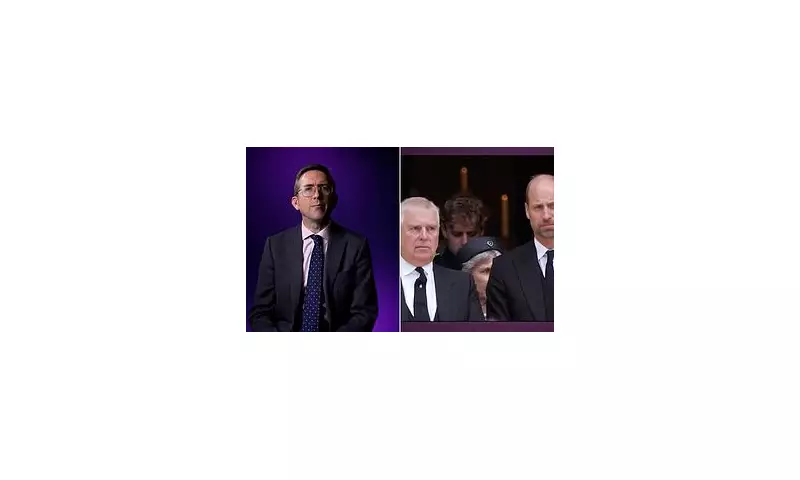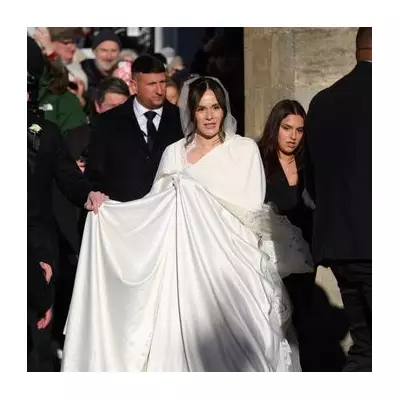
In a moment that speaks volumes about the changing dynamics within the British monarchy, the Prince of Wales has delivered what observers are calling a definitive message to his embattled uncle. The encounter, captured on video during a royal garden party at Buckingham Palace, reveals the new hierarchy under King Charles III's reign.
The Garden Party Confrontation
The significant interaction occurred during what should have been a routine celebration of the Royal Air Force's 100th anniversary. Prince William, demonstrating his increasingly central role in the monarchy's future, engaged in what appeared to be a brief but pointed conversation with Prince Andrew. Royal correspondent Richard Eden, who broke the story, described the moment as particularly telling given the context of recent royal controversies.
The Duke of York arrived separately from other senior royals, a detail that didn't escape royal watchers. This arrangement appeared deliberate, underscoring Andrew's diminished standing within the family structure. The garden party itself commemorated a century of the Royal Air Force, yet the interpersonal dynamics between royals became the unintended focus for many observers.
A Royal Family in Transition
This encounter comes at a crucial juncture for the House of Windsor. With King Charles III implementing what insiders describe as a "slimmed-down" monarchy, Prince William's actions carry increased significance. The Prince of Wales appears to be establishing clear boundaries regarding his uncle's position within the royal framework.
Prince Andrew's status has been uncertain since his withdrawal from public duties in 2019 following the disastrous BBC Newsnight interview about his association with convicted sex offender Jeffrey Epstein. The subsequent settlement of Virginia Giuffre's civil sexual assault case against the Duke further complicated his position, despite his continued denial of any wrongdoing.
The visual symbolism of Wednesday's encounter reinforces the message that Prince Andrew remains on the periphery of royal life. While he maintains his family relationships in private, his public role appears severely constrained under the new reign.
The Future Monarchy Takes Shape
What makes this moment particularly significant is Prince William's evident willingness to assert his authority as second in line to the throne. The Prince of Wales has increasingly stepped into leadership roles within the family, and this interaction demonstrates his commitment to protecting the monarchy's reputation above all else.
Royal experts suggest that William's approach reflects a modernizing monarchy that cannot afford association with controversy. The Prince of Wales has built his public image around transparency and accountability, values that appear incompatible with his uncle's current situation.
The garden party encounter serves as a powerful visual representation of the royal family's ongoing transformation. As King Charles and Prince William work to secure the monarchy's future relevance, difficult decisions about family members' roles appear to be taking concrete form in these very public settings.
While the exact words exchanged between nephew and uncle remain private, the body language and context suggest a defining moment in the recalibration of royal relationships. The House of Windsor continues to navigate the complex intersection of family loyalty and institutional preservation under the watchful eyes of both the British public and global media.





